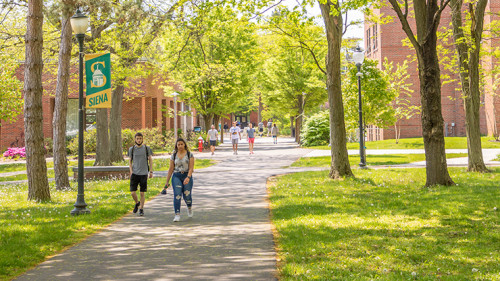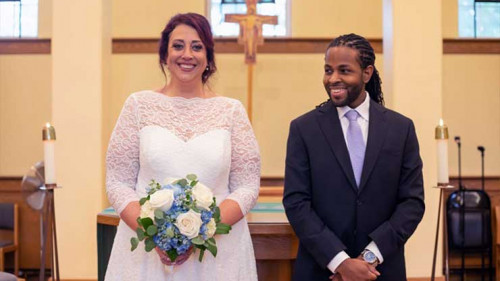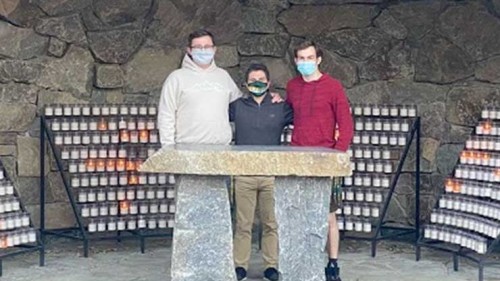
By Chelsea Brumagen '13
The Franciscan Center for Catholic Studies and the Franciscan Center for Service and Advocacy welcomed former New York Times religion columnist, Peter Steinfels, Ph. D., to campus recently. In the midst of a presidential election, Steinfels spoke about how to incorporate religion into deciding which candidate to vote for to be what he called a “faithful citizen.”
Steinfels spoke on campus in 2005 and used that as a tool to compare the state of the nation now to what it was then, following a presidential election. Steinfels said at that time former presidential candidate John Kerry was under scrutiny from the Catholic Church for his support of abortion, which impacted the votes of many Catholics. Steinfels said that the bishops claimed they were not telling people how to vote but everything was indeed tailored to that. He said the Church found that guiding conscience in an imperfect world was indeed a challenge.
During his reflection on the world today, Steinfels said faithful citizenship comes down to prudence, the ability to use reason to govern oneself which, he said, comes with practice. “There is no mathematical formula for prudence, it’s a perfect feel,” said Steinfels.
As we approach this election, Steinfels provided some advice for handling the idea of faithful citizenship. First, he said as a society, people need to reevaluate how they view one another. “It’s become rare we’re addressed as citizens. We’re voters, taxpayers, anything except citizens,” he said.
Second, Steinfels recommended that people draw on their lives and consciences to make decisions as citizens, rather than following a checklist from their faith. He said that requires an examination of previous decisions that called for prudence and amending shortcomings.
He said that once this is perfected, faithful citizenship will come. Steinfels called faithful citizenship the ability to carry out an individual’s civic duty while still maintaining faith. However, he said this is a constant job. In Steinfels opinion, “It’s more than just voting on Election Day; it’s something you do all the time.”

